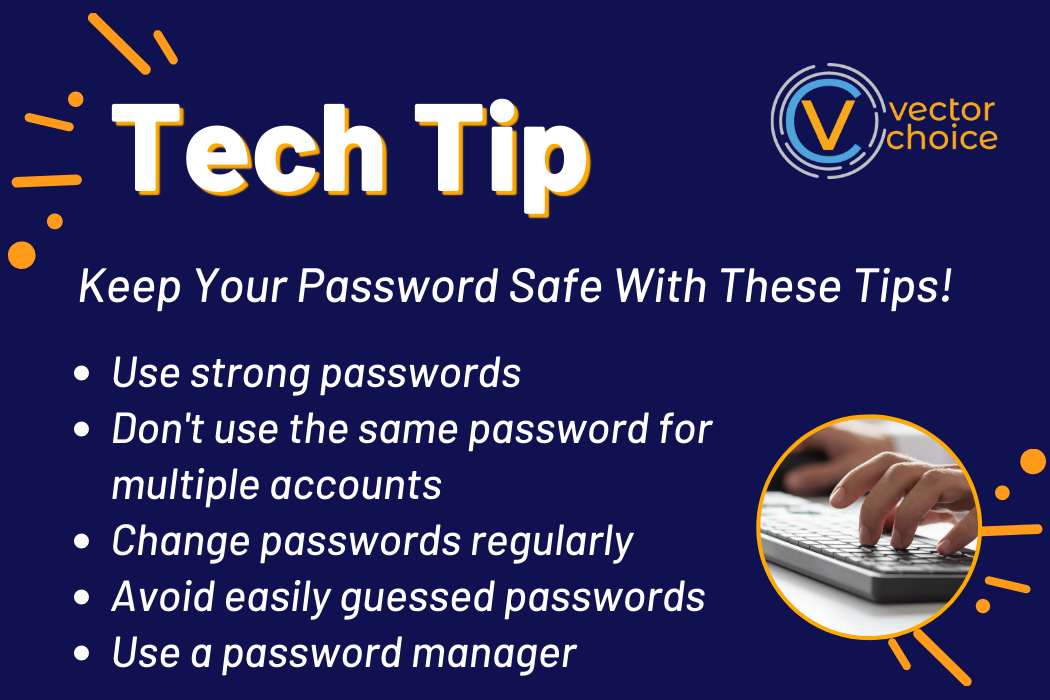The holidays and
weekends are a time for celebration and relaxation. However, they are also a
time when businesses are more likely to be targeted by cyberattacks. This is
because businesses often have fewer employees on staff during these times,
which can make them more vulnerable to attack.
The
Cybersecurity and Infrastructure Security Agency (CISA) observed that
cybercriminals conducted increasingly impactful attacks against U.S. entities
on holidays and weekends. These attacks targeted a variety of industries,
including healthcare, financial services, and critical infrastructure.
There are a number of
reasons why cybercriminals target businesses during the holidays and weekends.
First, they believe that businesses are less likely to be prepared for attacks
during these times. Second, they believe that businesses are more likely to be
paying less attention to their security during these times.
If you are a business owner, there are a number of things you can do to protect your business from cyberattacks during the holidays and weekends.
These include:
- Maintaining strong cybersecurity practices: This includes using
strong passwords, keeping your software up to date, and implementing
multi-factor authentication.
- Monitoring your network for suspicious activity: This can help
you to identify and respond to attacks quickly.
- Having a plan in place in case of an attack: This will help you
to minimize the damage caused by an attack.
By following these tips,
you can help to protect your business from cyberattacks during the holidays and
weekends.
Here are some additional tips to help you stay safe:
- Be careful what information you share online. Cybercriminals
can use information you share on social media or other websites to target
you with attacks.
- Be suspicious of emails and attachments from unknown senders. These
emails may contain malware that can infect your computer.
- Keep your software up to date. Software updates often include
security patches that can help to protect your computer from known
vulnerabilities.
- Use a firewall and antivirus software. These tools can help to
protect your computer from malware and other threats.
- Back up your data regularly. This will help you to recover your
data if your computer is infected with malware or if you are the victim of
a cyberattack.
To help you prepare for weekends and holidays and have peace of mind
knowing your business is secure while you or your employees are out-of-office, click here to schedule a Free IT Assessment with our experts today.
We'll evaluate your current cybersecurity measures, identify potential
vulnerabilities, and help you implement a strategic security plan to keep your
company safe.
Tech Tip July 3rd:


